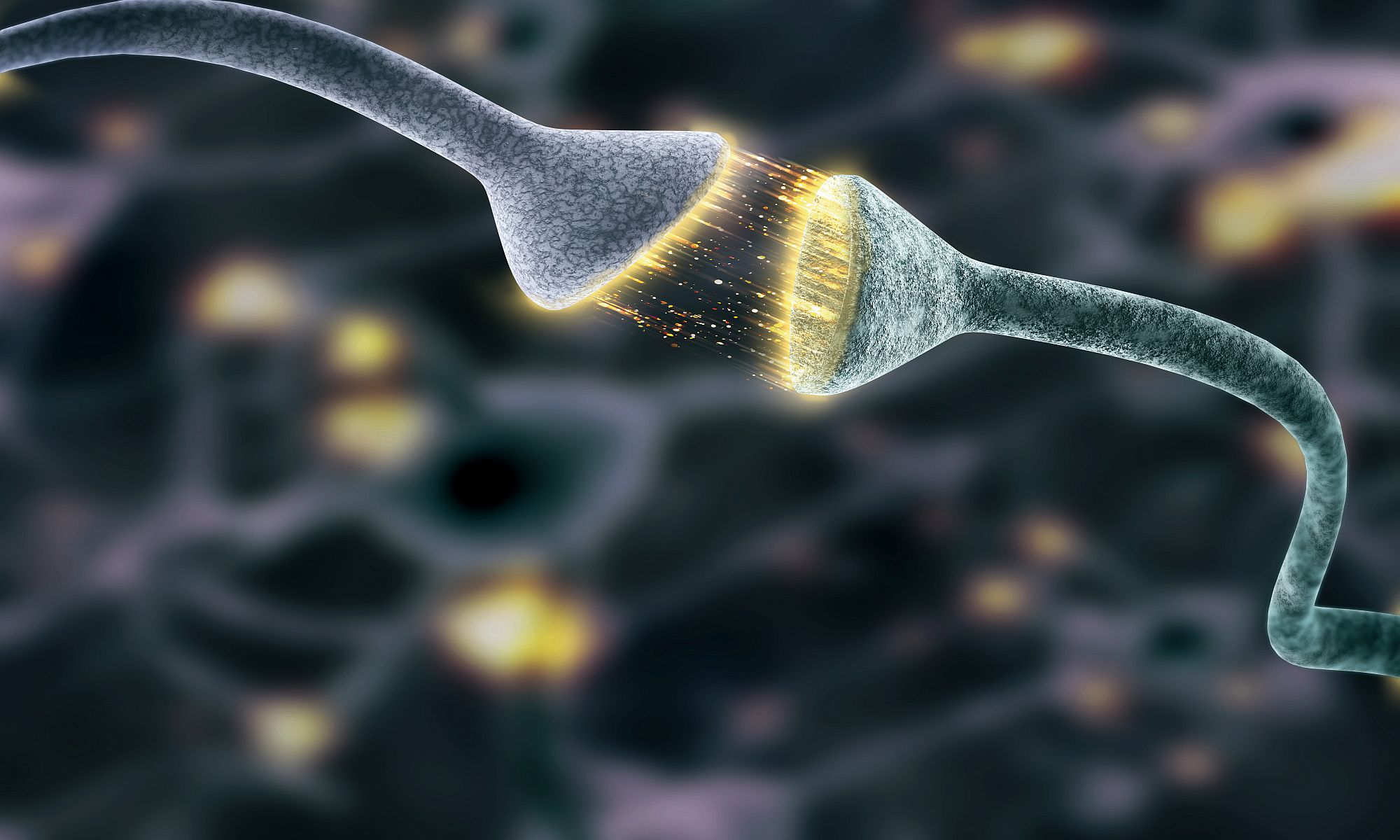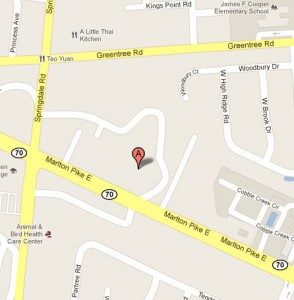Rhona Paul-Cohen, M.S., CCC-Sp. is a licensed speech-language pathologist and cognitive remediation specialist.
She has specialized in treating adults with cognitive impairments stemming from a variety of causes including: traumatic brain injury (TBI), stroke, aneurysm, ADD/ADHD, dementia, and brain tumors. She has over 25 years of experience in the field of cognitive remediation and has been in Private Practice in Cherry Hill, NJ for the past 20 years.
What is Cognitive Rehabilitation Therapy?
-As described by The Society for Cognitive RehabilitationCognitive Rehabilitation Therapy (CRT) is the process of relearning cognitive skills that have been lost or altered as a result of damage to brain cells/chemistry. If skills cannot be relearned, then new ones have to be taught to enable the person to compensate for their lost cognitive functions. The process of CRT comprises 4 components:

- Education about cognitive weaknesses and strengths. The focus here is on developing awareness of the problem.
- Process Training. This refers to the development of skills through direct retraining or practicing the underlying cognitive skills. The focus here is on resolving the problem.
- Strategy Training. This involves the use of environmental, internal and external strategies. The focus here is on compensating rather than resolving the problem.
- Functional Activities Training. This involves the application of the other three components in everyday life. The focus here is on real life improvements.
The Brain Injury Interdisciplinary Special Interest Group (BI-ISIG) of the American Congress of Rehabilitation Medicine defines cognitive rehabilitation therapy to be a:
“systematic, functionally-oriented service of therapeutic cognitive activities, based on an assessment and understanding of the person’s brain-behavior deficits.” “Services are directed to achieve functional changes by (1) reinforcing, strengthening, or reestablishing previously learned patterns of behavior, or (2) establishing new patterns of cognitive activity or compensatory mechanisms for impaired neurological systems”.

